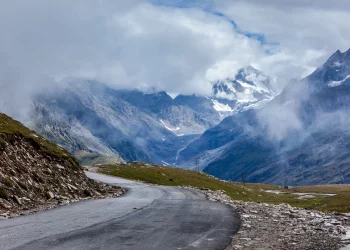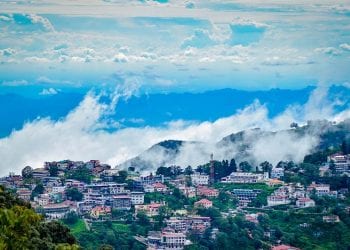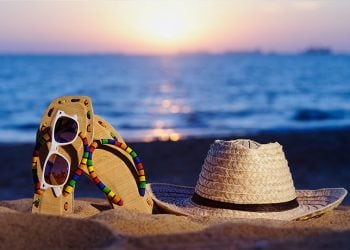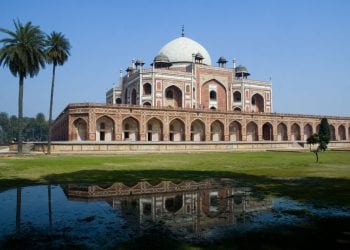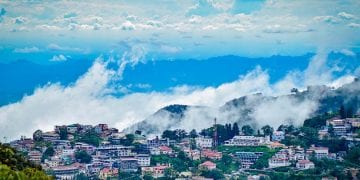Why everybody should take a Coringa Wildlife Sanctuary and Mangrove Tour at least once?
Coringa Wildlife Sanctuary is situated in the Kankinada district of Andhra Pradesh. This promises to be an amazing trip for all those wildlife enthusiasts who wish to experience the sheer thrill of seeing endangered and protected animals up close while enjoying the beauty of nature, rare species of plants, birds and more!
The Coringa Wildlife Sanctuary is home to numerous species of flora and fauna. Situated in a region with an estuary (where the river meets the sea), Coringa is a major tourist hub. The wildlife sanctuary is home to some of the endangered species of animals, birds, and plants and hence is an important bio-diversity zone in terms of the preservation of wildlife.
When and how to go

The extremely hot and humid climate of the region makes it impossible to go to the sanctuary during the months of summer and monsoon. So the ideal time to go to the sanctuary is from October to the month of May. This is the ideal time to enjoy the beauty and diversity of the forest with the temperature dropping to as low as 14 degrees during the winter months of December and January.
If you want to travel by air then the nearest airport would be Rajahmundry. It is connected to all the major cities. From the airport, the sanctuary is about 2 hours away. Taxis and cabs can be found in abundance to reach Coringa from the airport. The nearest rail-head is Kankinada which is situated about 20 km away from the sanctuary and is easily motorable from there via state buses and cabs.
Endangered and protected species of the Coringa Wildlife Sanctuary
1. Flora
Mangrove vegetation is the prevalent form of vegetation at this sanctuary due to this sanctuary being situated on the estuary of River Godavari. This wildlife reserve has 35 different species of plants covering over 24 families. Some important and conserved plants are Avicennia Officinalis, Rhizophora Conjugata, Thespesia Populneoides, Bruguiera Gymnorhiza, Sonneratia Appetala etc. The endangered shrub varieties present here are Deris Trifoliata, Dalbergia Spinosa etc.
2. Birds

The intense mangrove vegetation present in the sanctuary provides enough sustenance for the heavy bird population of 125 species of the region. The critically endangered species present here are Long-billed Vulture and White-backed Vulture. The endangered species are Spot-Billed Pelican, Oriental White Ibis and Painted Stork. Apart from these, this sanctuary has provided shelter and sustenance to about 120 different avian species which includes the likes of the black-capped kingfisher, pond heron, crow pheasant, purple heron, flamingoes, night heron, little cormorant etc. Crested Serpent Eagle and Scarlet Minivet are two species which are extremely rare to catch a sight of.
3. Animals
Endangered and threatened animals are given a sustainable environment in the Coringa National Park to flourish and reproduce in peace. The most important species of animals available here are estuarine crocodiles, fishing cats, jackals, otters etc. This place is the nesting place for Olive-Ridley tortoises as well. The 18 km long sand stretch in the sanctuary acts as the safe zone for the tortoises as they hatch and leave for the sea.
The Mangrove tour
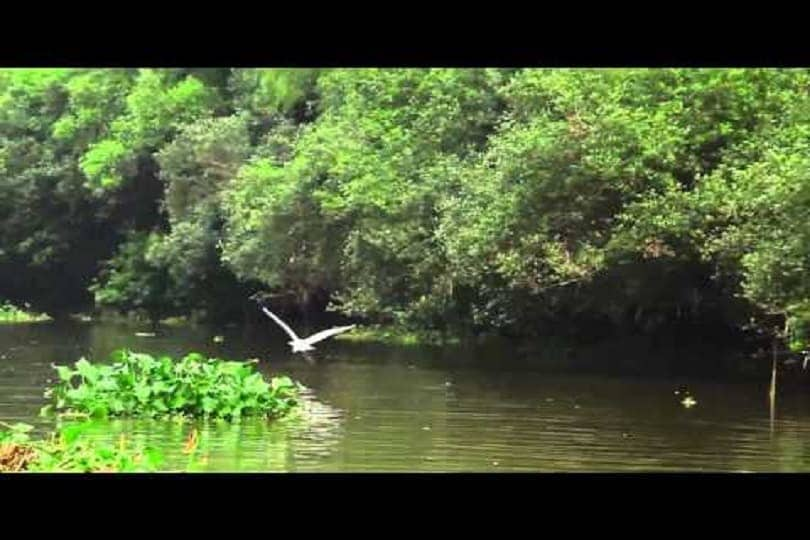
Mangrove forests of Coringa are a stellar attraction for the tourists as bird watchers and plant enthusiasts flock in huge numbers every fall to observe the ecosystem of the Coringa forest.
Activities available

The one and only adventure activity available in the sanctuary is boating. Boating here comes in multiple options. There is the option of paddle boats and 20 seater boats for roaming around in the estuary. The twenty seater boats are designed for one to look around the place for about forty minutes. The paddle boats can be rented according to time blocks. They offer a comprehensive view of the massive ecosystem in the sanctuary. The green, dense forests and the vibrant ecosphere is enough to capture the imagination of a biologist or a zoologist.
There is an amazing walk through the sanctuary over a pre-determined course which offers an insightful peek into the life of the jungle and its vibrant beauty. This walk is a must if you are a biology buff.
Places to explore nearby
1. Hope Island
A small island with a dilapidated old lighthouse, it’s the beginning of almost every pirate movie ever. And Hope Island fits the description exactly. Take a camping tent, water and food and enjoy a wonderful day there in the heart of nature beside the sea.
2. Vivekananda Park
After spending an entire day at the sanctuary one can just pop by this park which has a lake at its center and a trail surrounding the lake which provides for a refreshing experience after the toil of the day.
3. Adurru excavation site
In spite of being one of the rare Buddhist places to be found in South India, this site is highly neglected and holds nothing for the layman tourist. For a history buff, on the other hand, this site is extremely valuable as it shows proof of the existence of Buddhism so far down south.
Why Coringa? Why not any other wildlife sanctuary?
Coringa is beautiful in ways that can’t be put to words. The huge diversity of the avian species is enough to keep one interested. Add the floral diversity and the vast array of animals available here and you get a gem of a wildlife sanctuary. The boat rides and walks add more spice to the already alluring sanctuary. The beauty of this sanctuary is best observed in solitude, so make sure to keep that in mind while planning a trip and yes, you won’t regret taking this vacation for a single moment!
Recent Posts
Top Picks

- OYO
 15 April, 2024
15 April, 2024 - Cultural Tour

- OYO
 15 April, 2024
15 April, 2024 - Cultural Tour

- OYO
 15 April, 2024
15 April, 2024 - Cultural Tour

- OYO
 15 April, 2024
15 April, 2024 - Cultural Tour

- OYO
 15 April, 2024
15 April, 2024 - Cultural Tour

Please rotate your device
Please go back to portrait mode for the best experience




 April 15, 2024
April 15, 2024 